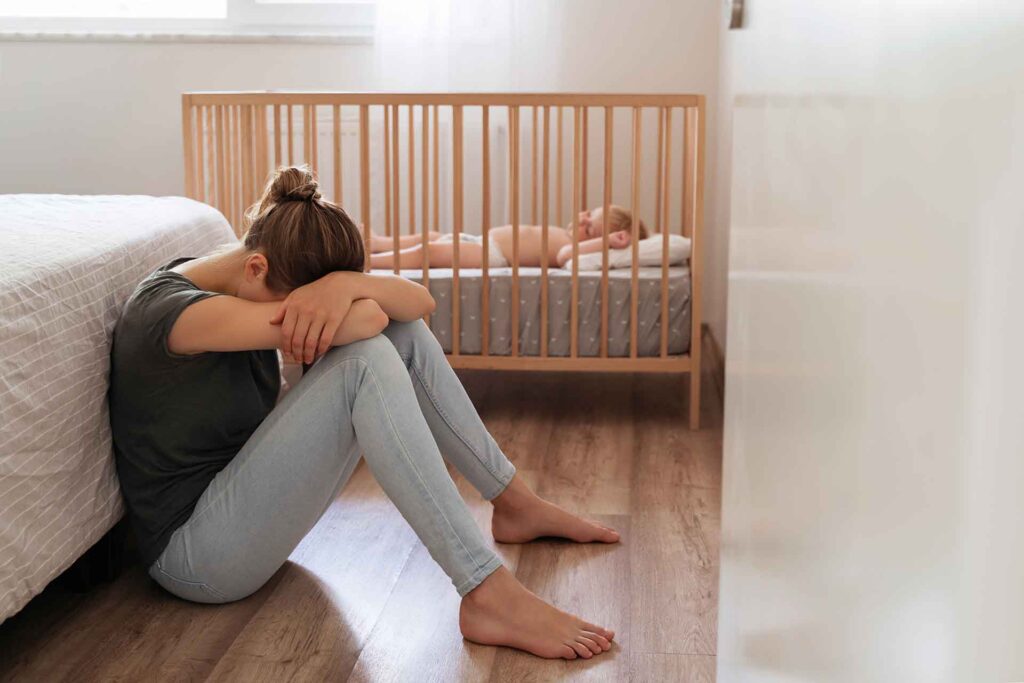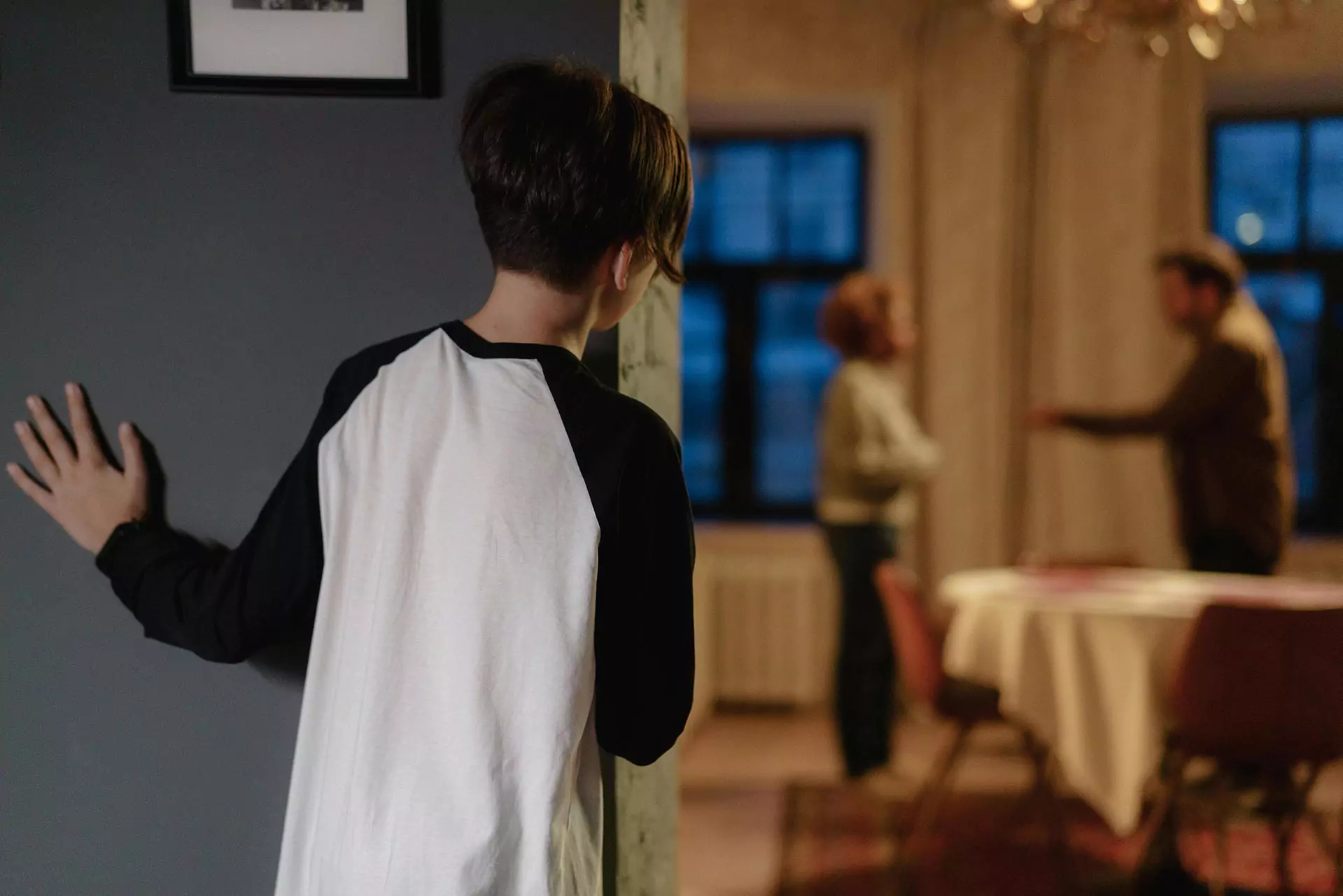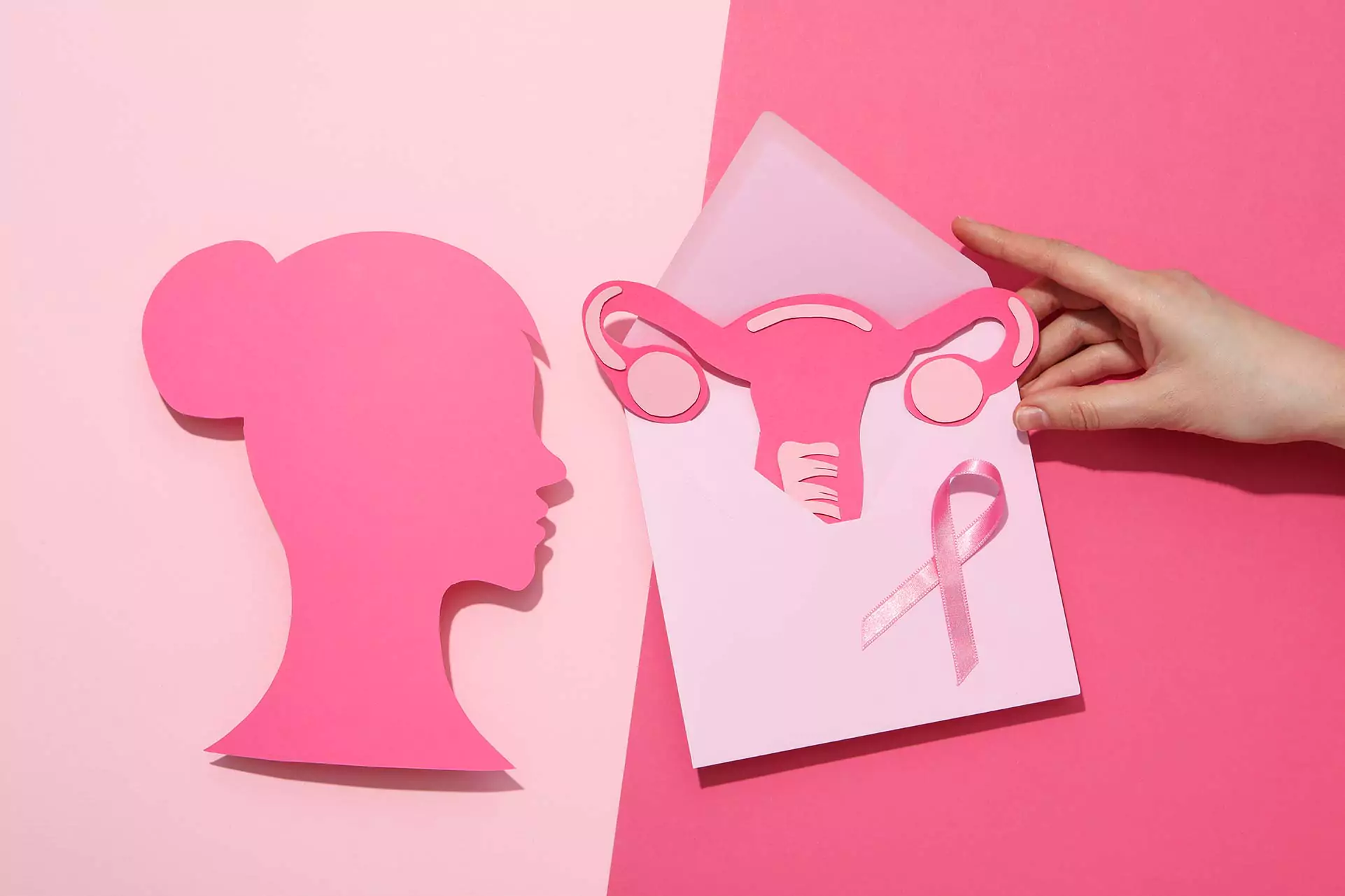It is depression experienced during and after pregnancy.
It may not solely stem from being pregnant. Previous traumas, psychological disorders in the person or their family, and stress factors in daily life can also trigger depression.
It is seen in 10-15% of mothers and requires treatment.
It typically begins within the first 6 weeks following childbirth and can last up to a year postpartum.
What Causes Postpartum Depression?
The exact causes of this condition are not fully understood, but it is believed to be linked to hormonal changes that begin during pregnancy and the postpartum period. Physical and emotional changes, as well as genetic factors, may play a role.
Physical Changes: The rapid drop in progesterone and estrogen levels after childbirth is a significant factor that can trigger postpartum depression. Additionally, a decrease in thyroid hormones can lead to symptoms such as fatigue, weakness, and feelings of depression.
Genetic Predisposition: Studies have shown that individuals with a family history of postpartum depression are more likely to experience the condition.
Emotional Changes: The frequent waking, feeding, and other routine care required for a newborn can cause fatigue and lead to mood swings in mothers. In such cases, a mother may struggle to find time for herself, neglect her self-care, feel as though she has lost control of her life, and consequently, enter a depressive state.

- Psychologist Elif Yıldız Yıldırım
What Are the Symptoms of Postpartum Depression and Baby Blues?
- Feelings of worthlessness, inadequacy, insecurity, and helplessness
- Anxiety
- Slowness in movement and speech, or conversely, hyperactivity
- Appetite and sleep disorders
- Forgetfulness
- Emotional ups and downs
- Loss of sexual desire
- Thoughts about death or suicide
- Lack of interest in the baby, excessive worry for the baby, or thoughts of harming the baby
How Long Does Postpartum Depression Last, When Does It End, and How Is It Treated?
The duration of postpartum depression varies from person to person. Certain measures should be taken during this period:
- Give yourself, your partner, and your baby time to adjust to this process, and try to remain patient.
- Strengthen your bond with your baby by ensuring skin-to-skin contact, even if you are feeding the baby with a bottle.
- Be prepared for sudden emotional shifts and exaggerated reactions from the mother; avoid criticism.
- Maintain open communication. Express your needs and concerns calmly, without letting them build up or creating conflict.
- Consider seeking psychotherapy to learn how you and other family members can approach events and problems more constructively.
- As a partner or family friend, support the postpartum mother, help her feel at ease, and assist her in overcoming her anxieties.
Can Postpartum Depression Occur in Fathers?
Postpartum depression is not exclusive to mothers; it can also occur in fathers. During the postpartum period, fathers may experience hormonal, physical, and emotional changes that share similar characteristics with postpartum depression.
In fathers, postpartum depression can be triggered by factors such as becoming a parent for the first time, being at a young age, a history of depression, or financial difficulties. Fathers in this situation are also encouraged to seek support from loved ones and professional help, just as mothers are.









